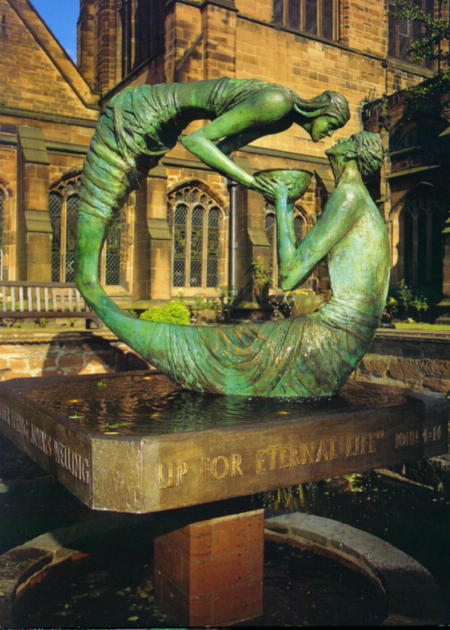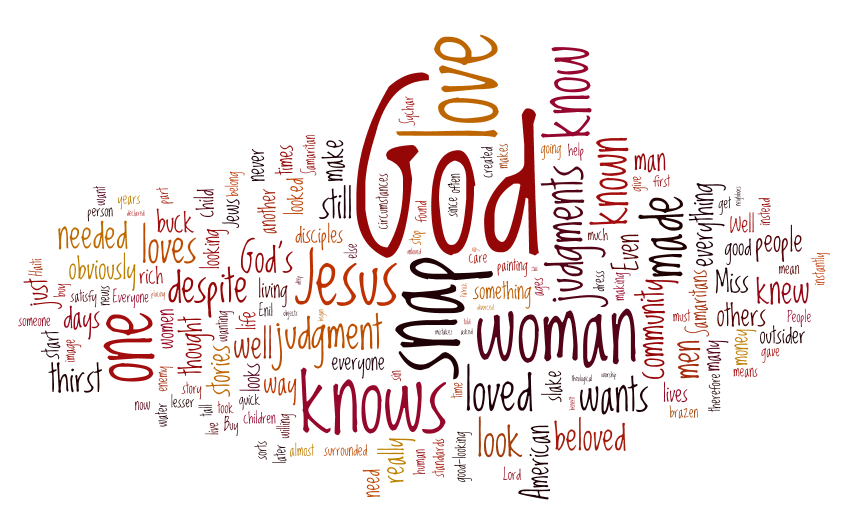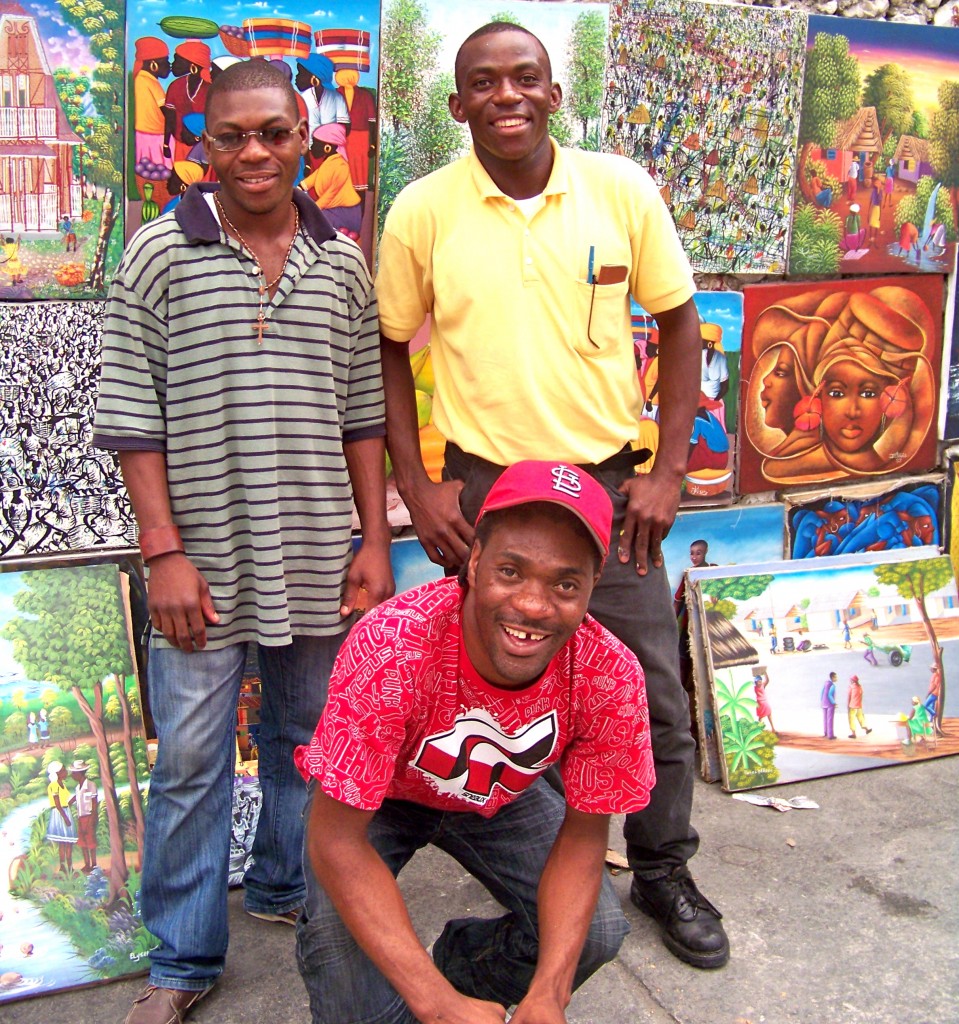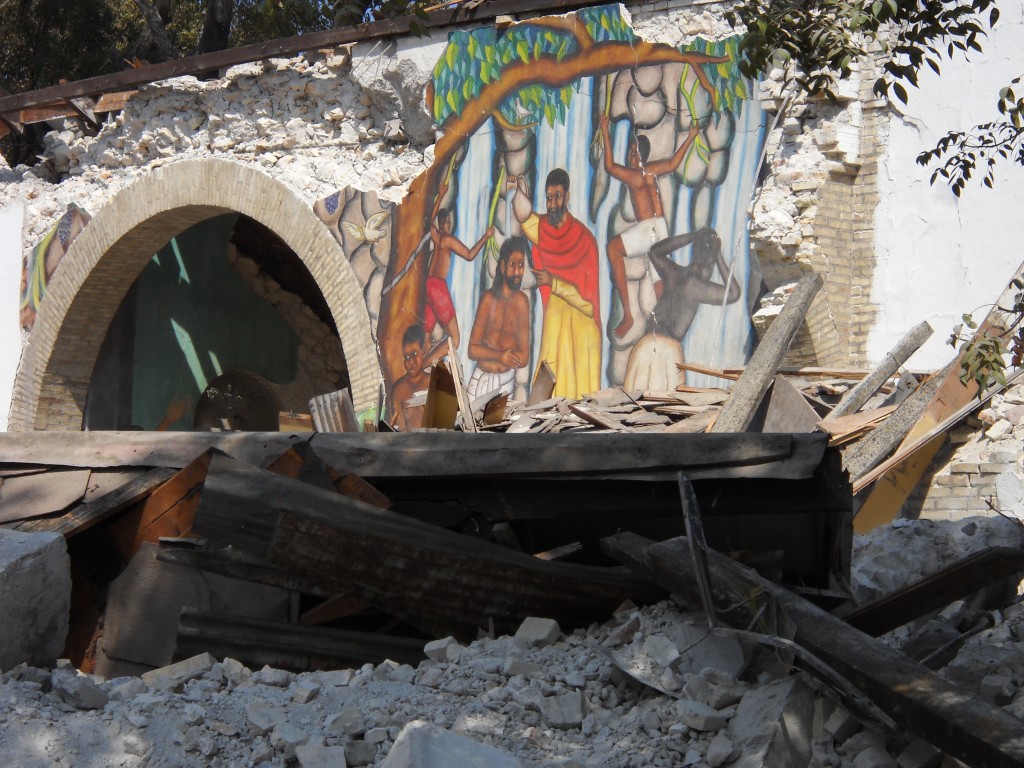Our brothers and sisters in Christ in Haiti still need our help. Rebuilding a devastated country – one devastated by political shenanigans and hurricanes long before the 2010 earthquake struck – takes time, prayer and the will to continue despite the long odds.
Please, continue to pray for Haiti: Almighty God and heavenly Father, in whom we live and move and have our being, send your Holy Spirit upon the people of Haiti, that they may know your love, feel your support, revel in your joy. Send your Spirit upon all those who continue to work in Haiti, rebuilding the lives of its people, so that they may be faithful servants who listen without dictating, who work in community and not as solo artists, who care first and foremost for your beloved children, and not for their own glory. Bring health to the people of Haiti, who put all their trust in you. In Jesus’ name we pray. Amen.
The latest news from The Episcopal Church Center:
[October 2, 2012] With the third anniversary of the devastating earthquake which destroyed Haiti mere months away, the Episcopal Church continues its emphasis on assisting the church’s largest and fastest-growing diocese.
“It is a great gift and privilege for us to be able to work with the people of Haiti,” commented Bishop Stacy Sauls, Episcopal Church Chief Operating Officer. “I never fail to be inspired by them and their indomitable sense of hope. The problems and issues Haiti faces would absolutely devastate many. The people of Haiti continue to face their challenges with faith and spiritual strength that calls forth a like response in all of us.”
The January 12, 2010 earthquake destroyed much of the Caribbean island country and cost many lives. Leveled were churches and diocesan facilities, including Holy Trinity Cathedral with its priceless murals in the capital city of Port-au-Prince.
General Convention 2012 named the focused effort for the Diocese of Haiti as one of the priorities for the Church.
The newly reorganized Development Office of the Episcopal Church is coordinating all the fundraising efforts for the rebuilding of the Diocese of Haiti. This follows the conclusion of the first phase of the project by Episcopal Church Foundation.
“We are thankful to the Episcopal Church Foundation for its grassroots campaign,” Bishop Sauls said. “The baton has passed to the Development Office, which has been maintaining regular consultation with the diocese on how and where to help, looking at a wide variety of infrastructure needs.”
To that end, an Episcopal Church team soon will visit Haiti to engage with diocesan leaders and officials. “This mission trip will include a thorough assessment and fact-finding to determine what steps will be taken in the short- and long-term for this all-encompassing project,” Bishop Sauls said.
Currently, Bishop Sauls and his staff are working diligently on a final agreement with an architect for the cathedral complex. He is also planning to lead a pilgrimage to Haiti in early 2013.
And, as another facet of the Church’s work with Haiti, the Church Center is now the home in a rental agreement with Le Consulat General de la Republique d’Haiti and the Haitian Permanent Mission to the United Nations.
For information on how individuals, congregations, dioceses and groups can help the rebuilding of Haiti, contact Kim Moore at kmoore@episcopalchurch.org
To learn more: http://www.episcopalchurch.org/page/rebuild-our-church-haiti
The Episcopal Church: www.episcopalchurch.org
Facebook: www.facebook.com/episcopalian
Twitter: twitter.com/iamepiscopalian
YouTube: www.youtube.com/TECtube
On the web:
The Episcopal Church’s work in Haiti continues
http://www.episcopalchurch.org/notice/episcopal-church%E2%80%99s-work-haiti-continues

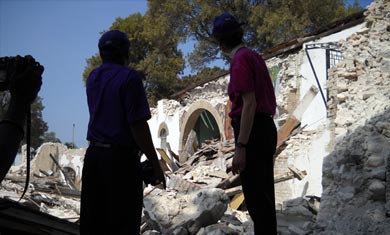








 So you know what I think, when I read about the Israelites demanding more, demanding M-E-A-T-all-capital-letters-MEAT?
So you know what I think, when I read about the Israelites demanding more, demanding M-E-A-T-all-capital-letters-MEAT?